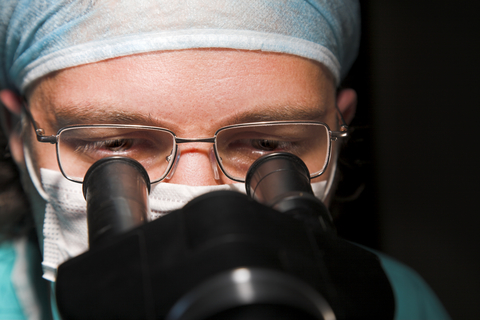Cardiff University researchers explore eye spasms

Researchers at Cardiff University will seek to identity the symptoms associated with blepharospasm after receiving funding from Fight for Sight and the Dystonia Society.
Optometry Today reports the team, led by Dr Kathryn Peall, Clinical Senior Lecturer, Neurosciences & Mental Health Research Institute at Cardiff University’s School of Medicine, will investigate whether non-movement symptoms, such as mood changes or sleep disturbances, are associated with blepharospasm, which causes involuntary tight closure on the eyelids.
In the UK blepharospasm affects around seven thousand adults and causes uncontrollable and painful muscle contractions around the eye.
Participants taking part in the study will complete an online questionnaire that covers general health and family history, as well as treatments and non-movement symptoms they have experienced.
Researchers will perform eye movement assessments and take blood samples, which they hope will help them understand the genetic changes that contribute to blepharospasm.
Kathryn Peall said a better understanding of the range of symptoms that people with blepharospasm experience will “help us to continually improve our clinical service, and ultimately enable us to work towards better treatments in the future.”
Director of research, policy and innovation at Fight for Sight, Dr Neil Ebenezer, said “The knowledge gained from this study will lead to an improved understanding of the aetiology of primary blepharospasm. This will have the potential to better understand the underlying pathophysiological mechanisms, with the possibility of identifying novel therapeutic targets in the future.”








